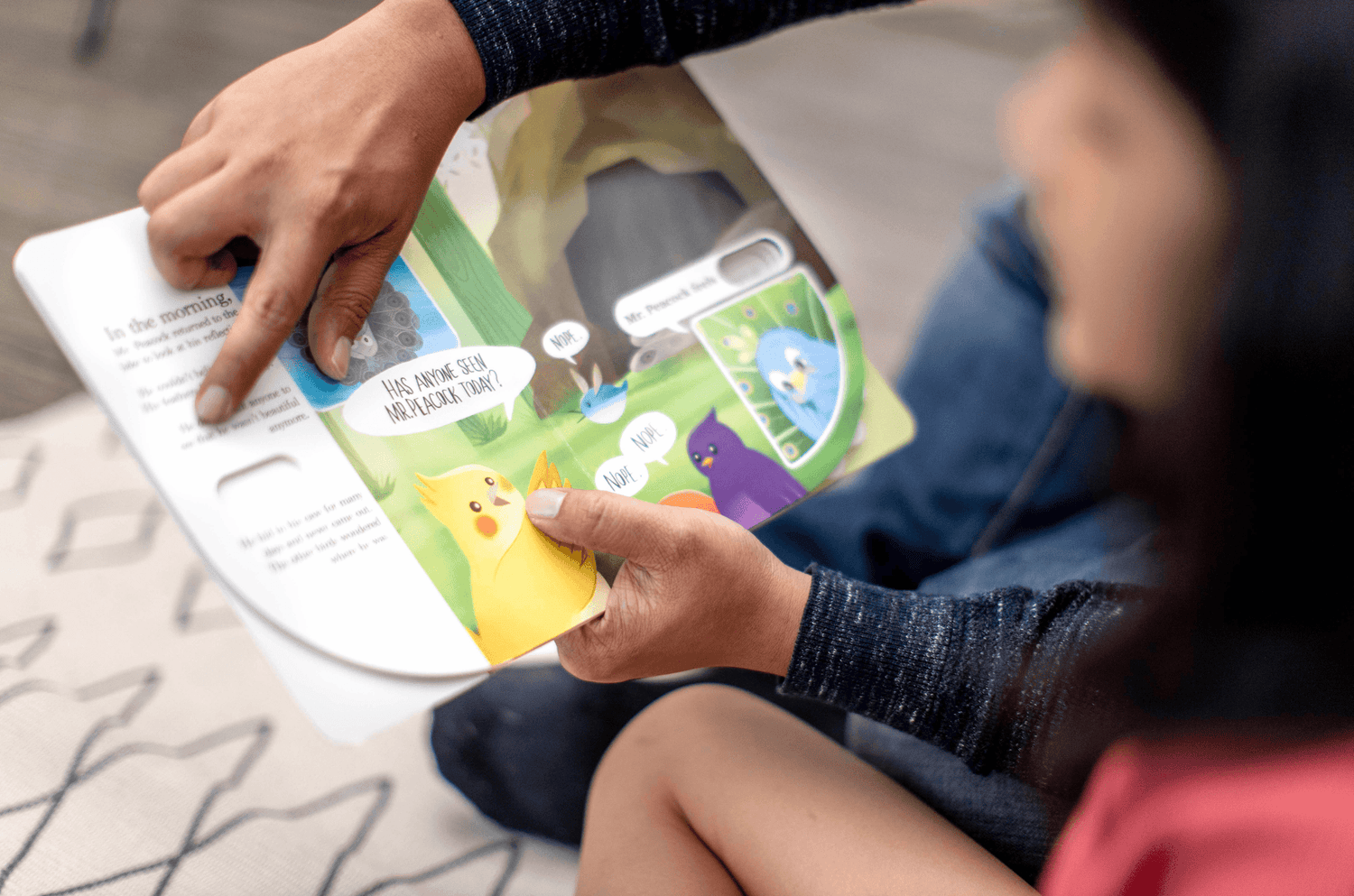Parents often play lullabies or classical music to babies in the womb but why? Does it actually make your baby smarter? What kind of music should you play? When should you start playing music for your baby? We know you have probably thought about this at some point, and we might have some answers for you.
Does playing music make your baby smarter?
To be frank, it’s a misconception that playing music will make your baby smarter and brighter. However, that doesn’t mean there aren’t any benefits. Scientific evidence suggests that playing music to the fetus stimulates brain activity- listening and experiencing music helps develop different brain functions and promotes the development of neural connections.
Playing music is also beneficial for the mother. Pregnancy is a stressful period, and prolonged increase in maternal stress can have negative impacts on the development of the fetus. Music and singing is a great way for Mom to relieve stress herself!
What type of music should I play?
Research suggests that most music genres and types are accepted, as long as it is nothing too extreme. There have been studies that suggest that slow and peaceful music can calm the baby’s heartbeat in the womb, which is why parents often opt for classical music. Remember that sounds are muffled out when they reach the womb- as long as the music isn’t too loud, any music is fine.
When should I start playing music to my baby in the womb?
Studies have shown that the fetus starts developing ears in the third week but won’t be fully developed or functional until week 16. By then, they will have small responses to sound but are unable to do active listening. By week 24 onwards, the fetus will be able to actively listen and respond to sounds. It is recommended to play soothing music from 16 weeks onward to provide a comfortable environment for the fetus to develop, but starting earlier has no harm either.



